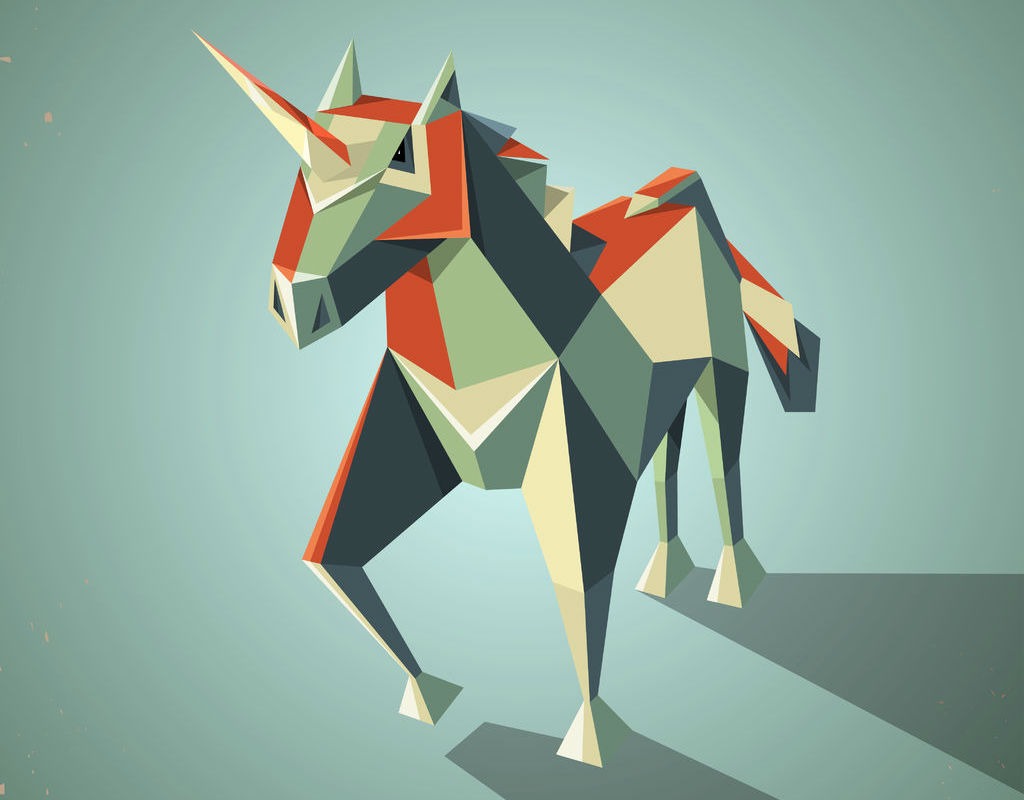In a November 2013 blogpost, venture capitalist, Aileen Lee coined the term “unicorn” to refer to internet-based privately held companies worth more than $1 billion. Lee, the founder of Cowboy Ventures and an alumnus of Kleiner Perkins Caufield & Byers, concluded there were 39 members of the Unicorn Club. She looked at what these companies had in common and found that just 0.07 per cent of internet-based start-ups made it to unicorn status. “Takeaway: it’s really hard, and highly unlikely, to build or invest in a billion-dollar company,” she concluded. “The tech news may make it seem like there’s a…
Cancel at any time. Are you already a member? Log in here.
Want to continue reading?
Introductory offer: Sign up today and pay €200 for an annual membership, a saving of €50.

